The New Trophy Wives: Asian Women
Rupert Murdoch has one. So do financiers Vivi Nevo and Bruce Wasserstein. Why are the West's most powerful men coupling up with younger Asian women?

Call it the Woody Allen Effect. When the venerable director scandalously left Mia Farrow for her adopted daughter, South Korean-born Soon-Yi Previn — 35 years his junior — he may as well have sent out a press release: Asian-girl fantasy trumps that of Hollywood royalty!
Not two years after they tied the knot, media baron Rupert Murdoch walked down the aisle with fresh-faced Wendi Deng — 17 days after finalizing his divorce from his second wife. Then, CBS head Leslie Moonves wed TV news anchor Julie Chen; Oscar winner Nicolas Cage married half-his-age third wife Alice Kim; billionaire George Soros coupled up with violinist Jennifer Chun; and producer Brian Grazer courted concert pianist Chau-Giang Thi Nguyen. Add the nuptials of investment magnate Bruce Wasserstein to fourth wife Angela Chao and the pending vows between venture capitalist Vivi Nevo and Chinese actress Ziyi Zhang, and we've got a curious cultural ripple.
Were these tycoons consciously courting Asian babes? Do any of them qualify for the unnerving "yellow fever" or "rice king" moniker? It's unsavory to think so. But after two or three failed attempts at domestic bliss with women of like background and age, these heavy hitters sought out something different. Something they had likely fetishized.
Enter the doll-faced Asian sylph on the arm of a silver-haired Western suit. (Hello, mail-order bride!) The excruciating colonial stereotypes — Asian women as submissive, domestic, hypersexual — are obviously nothing new. But decades after The World of Suzie Wong hit drive-ins and more than 20 years since David Bowie's "China Girl" topped the music charts, why are we still indulging them?
Because they're omnipresent — and often entertaining. Even now, how many cinematic greats, literary best sellers, or even cell-phone ads (see Motorola's latest) characterize Asian women as something other than geishas, ninjas, or dragon ladies? As the object of opening-line zingers like "Me love you long time" (the infamous line from Stanley Kubrick's Full Metal Jacket), I'm not sure whether to laugh or cry at the cheeky blog stuffwhitepeoplelike.com, which ranks Asian girls at number 11 because "Asian women avoid key white women characteristics, such as having a midlife crisis, divorce, and hobbies that don't involve taking care of the children." Sure, I'm petite and was in fact born in Shanghai, but — to the shock of more than one guy I've gone out with — I'd rather down an icy beer and burger than nurse bubble tea and eat dumplings while massaging his back with my toes.
"This is a common experience among Asian-American women," says Bich Minh Nguyen, who broaches the stereotypes in her latest novel, Short Girls. "They're dating a white guy, and they may not know if it's a fetish thing."
"It's like a curse that Asian-American women can't avoid," says C.N. Le, director of Asian and Asian-American Studies at the University of Massachusetts, Amherst. "From an academic point of view, the perception still serves as a motivation for white men."
Stay In The Know
Get exclusive access to fashion and beauty trends, hot-off-the-press celebrity news, and more.
In researching his new book, The East, the West, and Sex, author Richard Bernstein found that the Orientalist illusion continues to influence. "Historically, Asia provided certain sexual opportunities that would be much more difficult for Western men to have at home. But it remains a happy hunting ground for them today," he says, citing one phenomenon in the northeastern region of Thailand called Issan, where 15 percent of marriages are between young Thai women and Western men well into their 60s.
But I suspect there's something else about the East that's seducing business bigwigs at this very moment: globalization. Consider that, stateside, Mandarin classes have spiked 200 percent over the past five years (apparently, Treasury Secretary Timothy Geithner was an early adopter; he taught Mandarin classes in his Dartmouth days), and China has claimed status as the world's top export nation. In Outliers, Malcolm Gladwell theorizes that Asian kids' intrinsic work ethic makes them outsmart American kids in math. (In the latest Organization for Economic Co-Operation and Development international education survey, Taiwanese students were tops in math, while the U.S. placed 35th.) It's as though these Western men are hungry for a piece of that mystical Eastern formula. As such, Asians (in addition to African orphans) are hot commodities right about now — status symbols as prized as a private Gulfstream jet or a museum wing bearing your name (neither of which goes so well with a frumpy, aging first wife).
Tellingly, most current trophies of choice are far more than exotic arm candy. They are accomplished musicians and journalists, they have Ivy League MBAs and hail from prestigious political families (Mrs. Wasserstein's older sis is former Labor Secretary Elaine Chao). Why, then, are these women falling for rich white patriarchs? Why be a target for headline comparisons to concubines? When Wendi Deng was described as "The Yellow Peril" in a recent magazine profile, it only marginalized her achievement: As chief strategist for MySpace China, she has become central to News Corp.'s expansion into the elusive Chinese market — something Murdoch himself had attempted, and failed to do, before she came into the picture.
While I'm sure that real love and affection is sometimes the bond in these culture-crossing May-December romances, could it be that power divorcés of a certain ilk make the perfect renegade suitors for these overachieving Asian good girls — an ultimate (yet lame) attempt at rebellion? Maybe these outsized, world-class moguls are stand-ins for emotionally repressed Asian dads (one cliché that is predominantly true). Or...are these women just glorified opportunists? What's so perverse is that while Asians have always revered their elders, sleeping with a guy old enough to be your grandfather is just creepy — in any culture.
Skepticism aside, the new trophy trend does have its benefits. We're already seeing a positive impact on global politics, economics, and the arts: The Chinese became privy to online social networking in 2007 with the launch of MySpace China under the News Corp. umbrella; contemporary Chinese painters — including Xiaogang Zhang and Minjun Yue — have rung up nearly $400 million in sales on international art circuits since 2006, thanks to well-connected supporters like Ziyi Zhang; and almost 43 percent of international adoptions, which have more than tripled since 1990, now come out of Asian countries (more playdates for Pax and Maddox). What's more, perhaps a proliferation of gorgeous, mixed-race, multilingual offspring (assuming a classical Mandarin tutor is on the Chen-Moonves registry) is just good for our landscape. However you look at it, one thing's for sure: We're going to have to get used to this new international power family — aging mogul and foxy Asian wife flaunting a double-wide with newborn and adopted Malawian tot. What's next — the token trophy pet? I hear endangered Burmese rabbits are exceptionally cuddly.
-
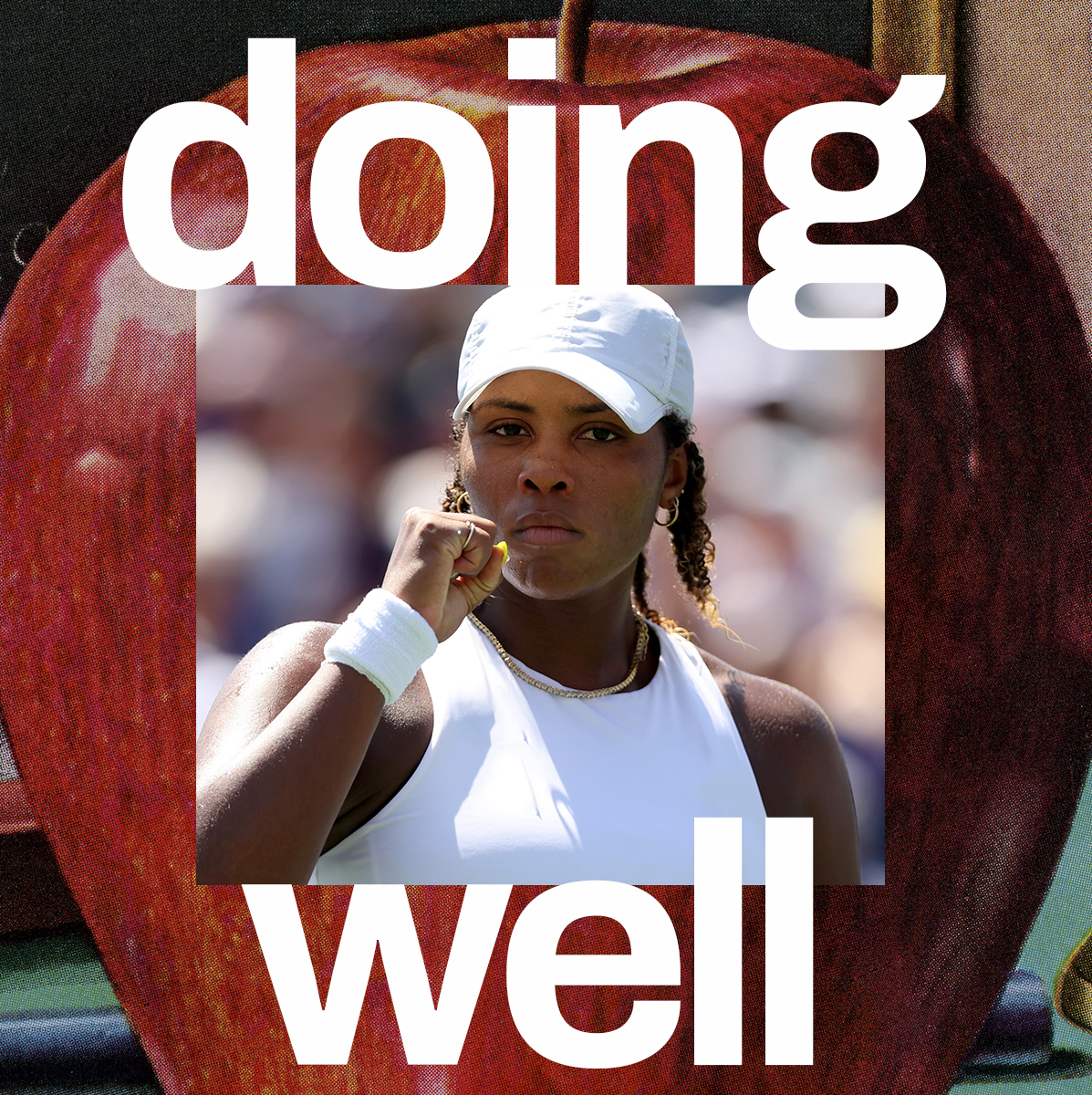 Taylor Townsend Sea Mosses Her Way to Better Wellness
Taylor Townsend Sea Mosses Her Way to Better WellnessThe tennis star serves up self-care between sets.
By Siena Gagliano
-
 What to Know About the Cast of 'Resident Playbook,' Which Is Sure to Be Your Next Medical Drama Obsession
What to Know About the Cast of 'Resident Playbook,' Which Is Sure to Be Your Next Medical Drama ObsessionThe spinoff of the hit K-drama 'Hospital Playlist' features several young actors as first-year OB-GYN residents.
By Quinci LeGardye
-
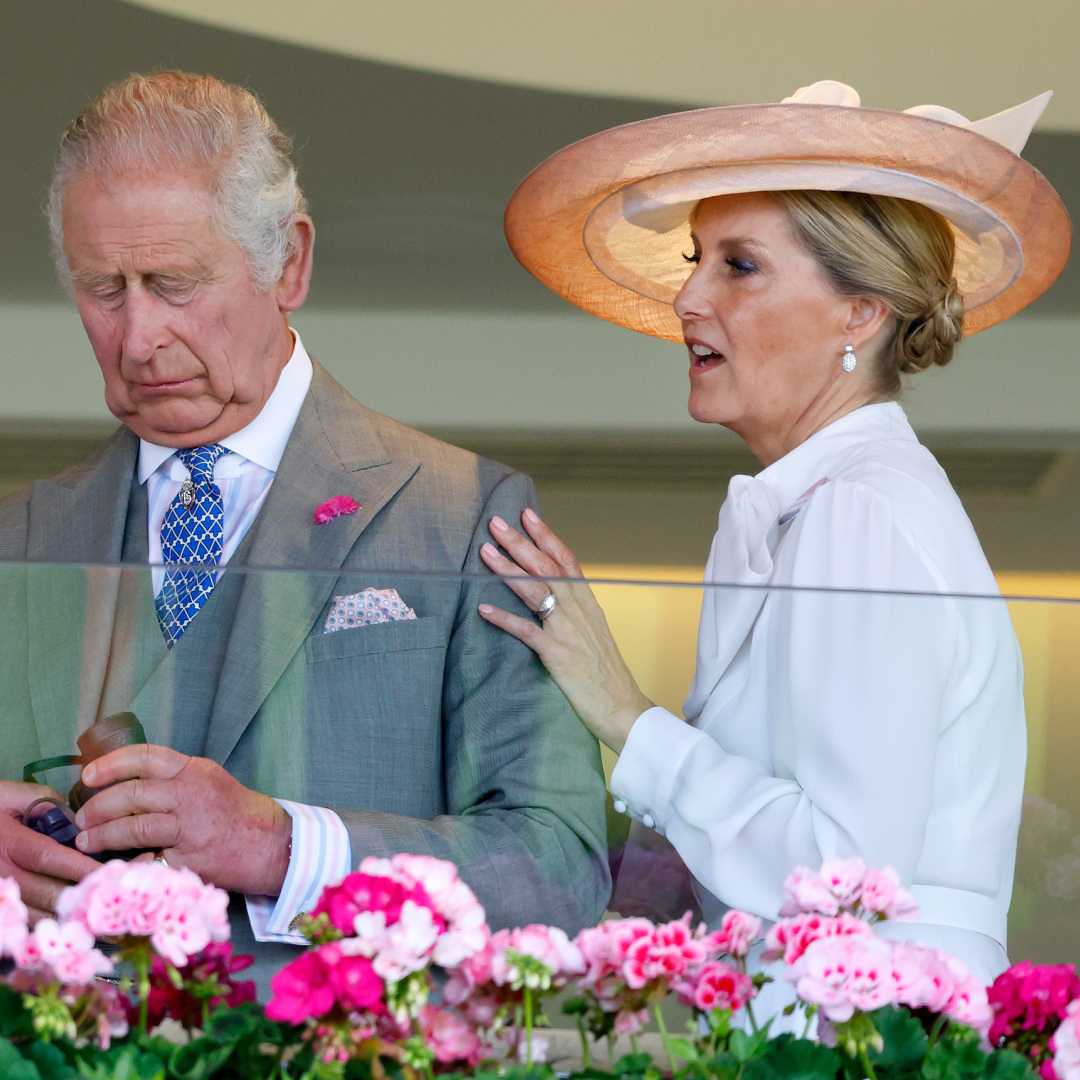 Duchess Sophie Stepped Up to Represent King Charles at Event Amid Calls for King Charles to "Slow Down"
Duchess Sophie Stepped Up to Represent King Charles at Event Amid Calls for King Charles to "Slow Down"The Duchess of Edinburgh filled in for The King at the Royal Military Academy Sandhurst.
By Kristin Contino
-
 30 Female-Friendly Porn Websites for Any Mood
30 Female-Friendly Porn Websites for Any MoodFeatures All the best websites, right this way.
By Kayleigh Roberts
-
 The 82 Best Cheap Date Ideas for Couples on a Budget
The 82 Best Cheap Date Ideas for Couples on a Budget"Love don't cost a thing." —J.Lo
By The Editors
-
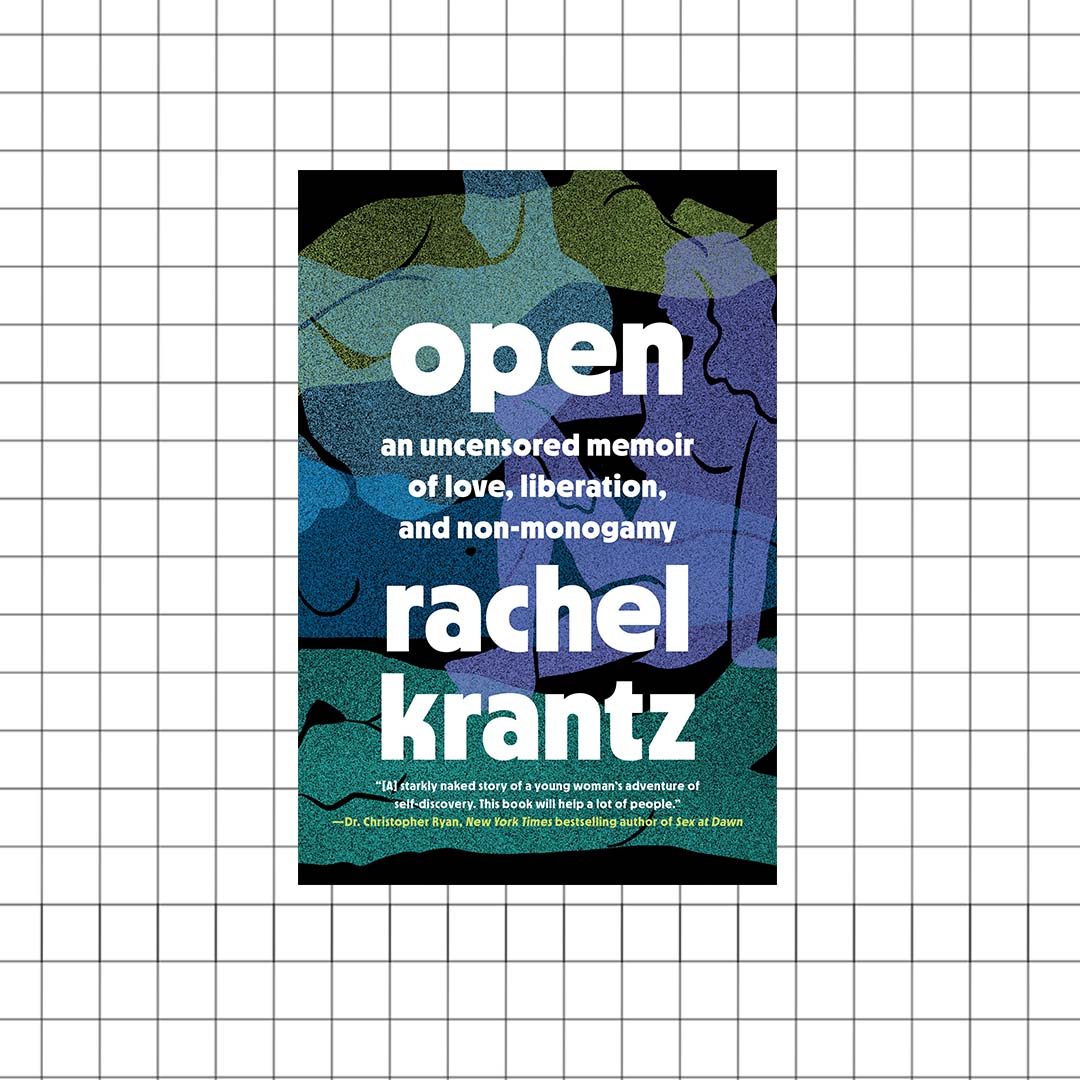 Diary of a Non-Monogamist
Diary of a Non-MonogamistRachel Krantz, author of the new book 'Open,' shares the ups and downs of her journey into the world of open relationships.
By Abigail Pesta
-
 COVID Forced My Polyamorous Marriage to Become Monogamous
COVID Forced My Polyamorous Marriage to Become MonogamousFor Melanie LaForce, pandemic-induced social distancing guidelines meant she could no longer see men outside of her marriage. But monogamy didn't just change her relationship with her husband—it changed her relationship with herself.
By Melanie LaForce
-
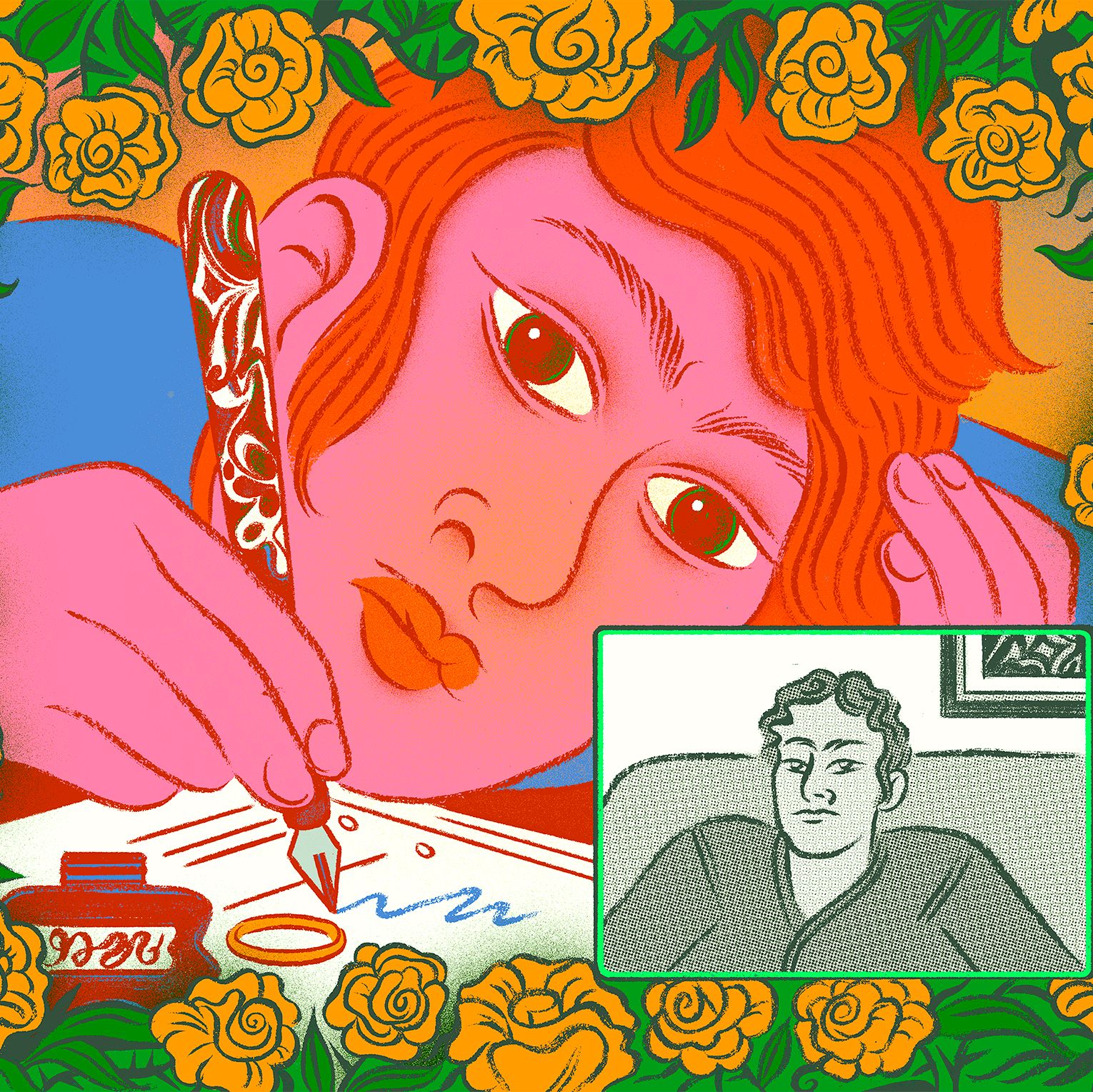 COVID Uncoupling
COVID UncouplingHow the pandemic has mutated our most personal disunions.
By Gretchen Voss
-
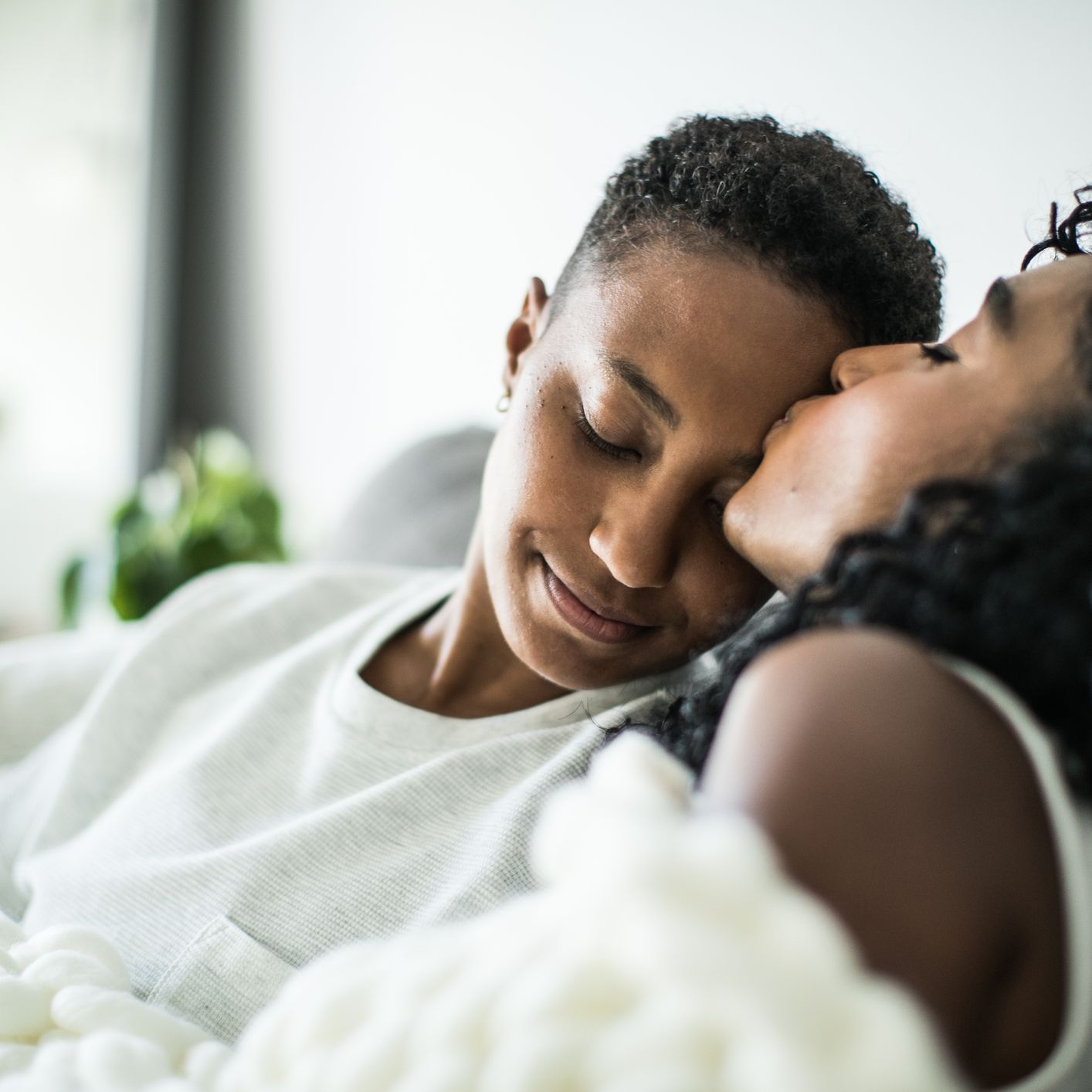 16 At-Home Date Ideas When You're Stuck Indoors
16 At-Home Date Ideas When You're Stuck IndoorsFeatures Staying in doesn't have to be boring.
By Katherine J. Igoe
-
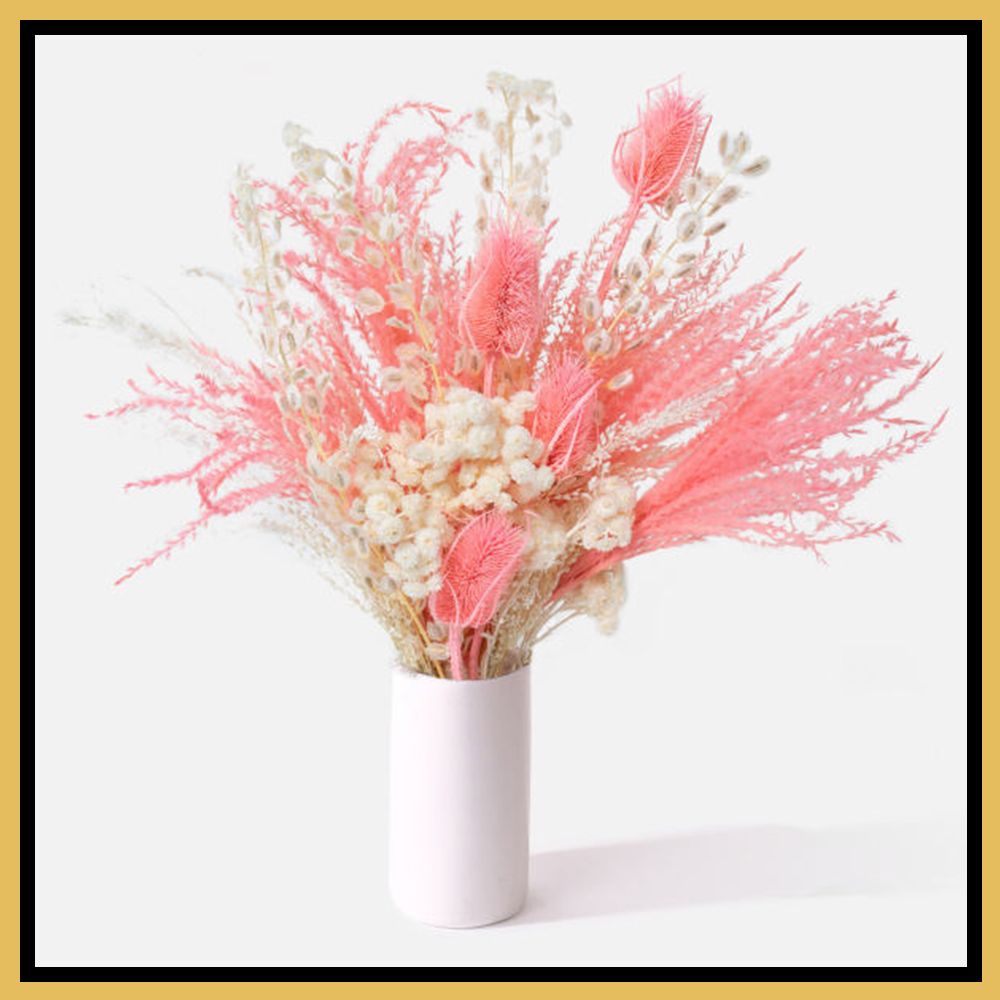 Long Distance Relationship Gift Ideas for Couples Who've Made It This Far
Long Distance Relationship Gift Ideas for Couples Who've Made It This FarAlexa, play "A Thousand Miles."
By Jaimie Potters
-
 15 Couples on How 2020 Rocked Their Relationship
15 Couples on How 2020 Rocked Their RelationshipFeatures Couples confessed to Marie Claire how this year's many multi-stressors tested the limits of their love.
By Sherry Amatenstein, LCSW